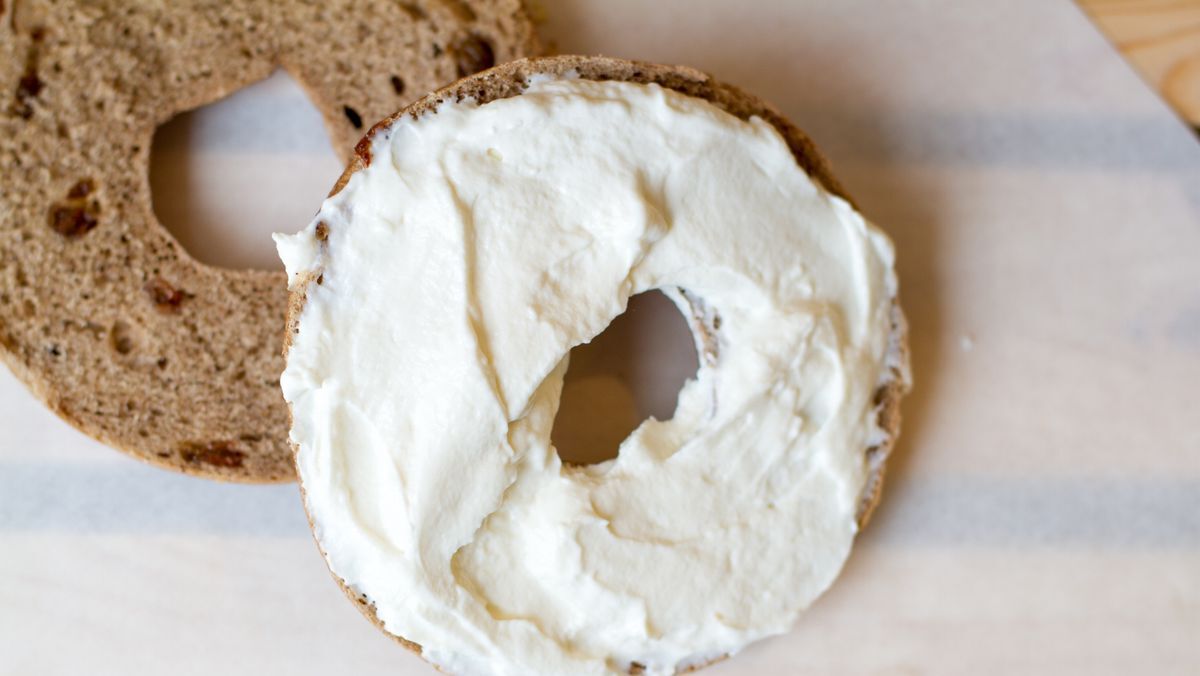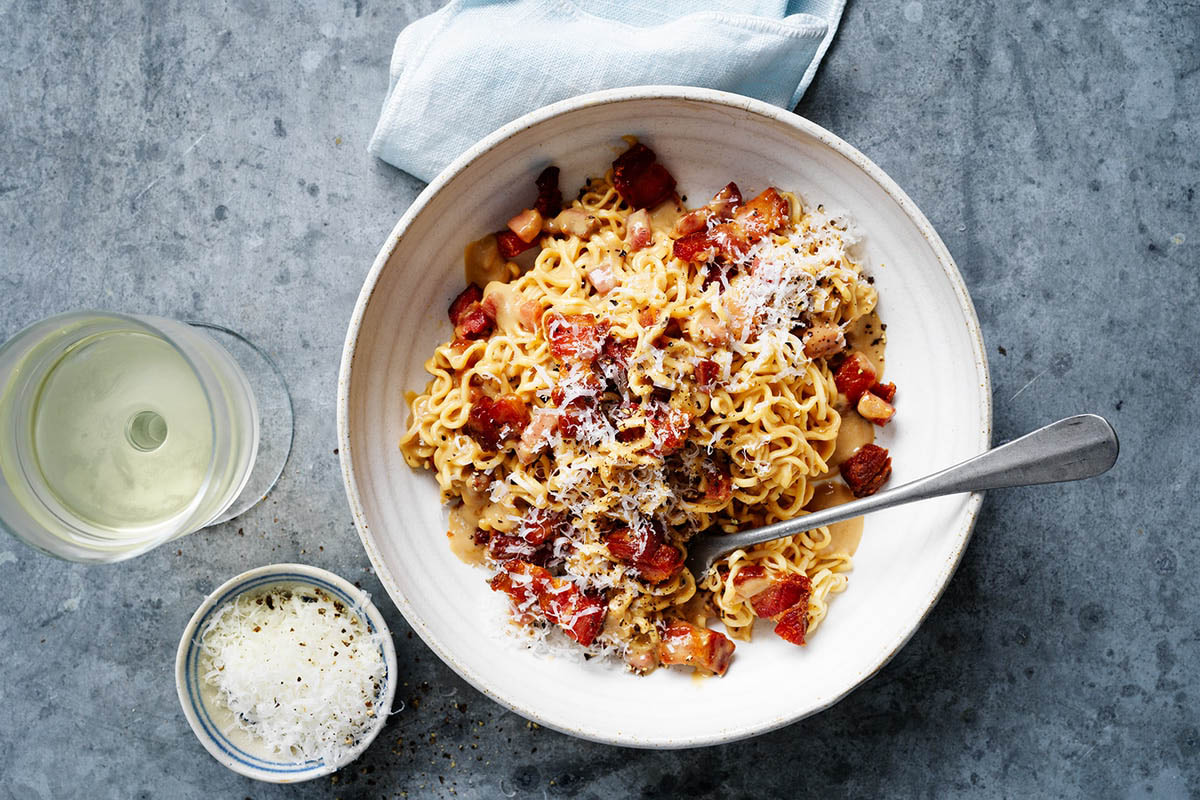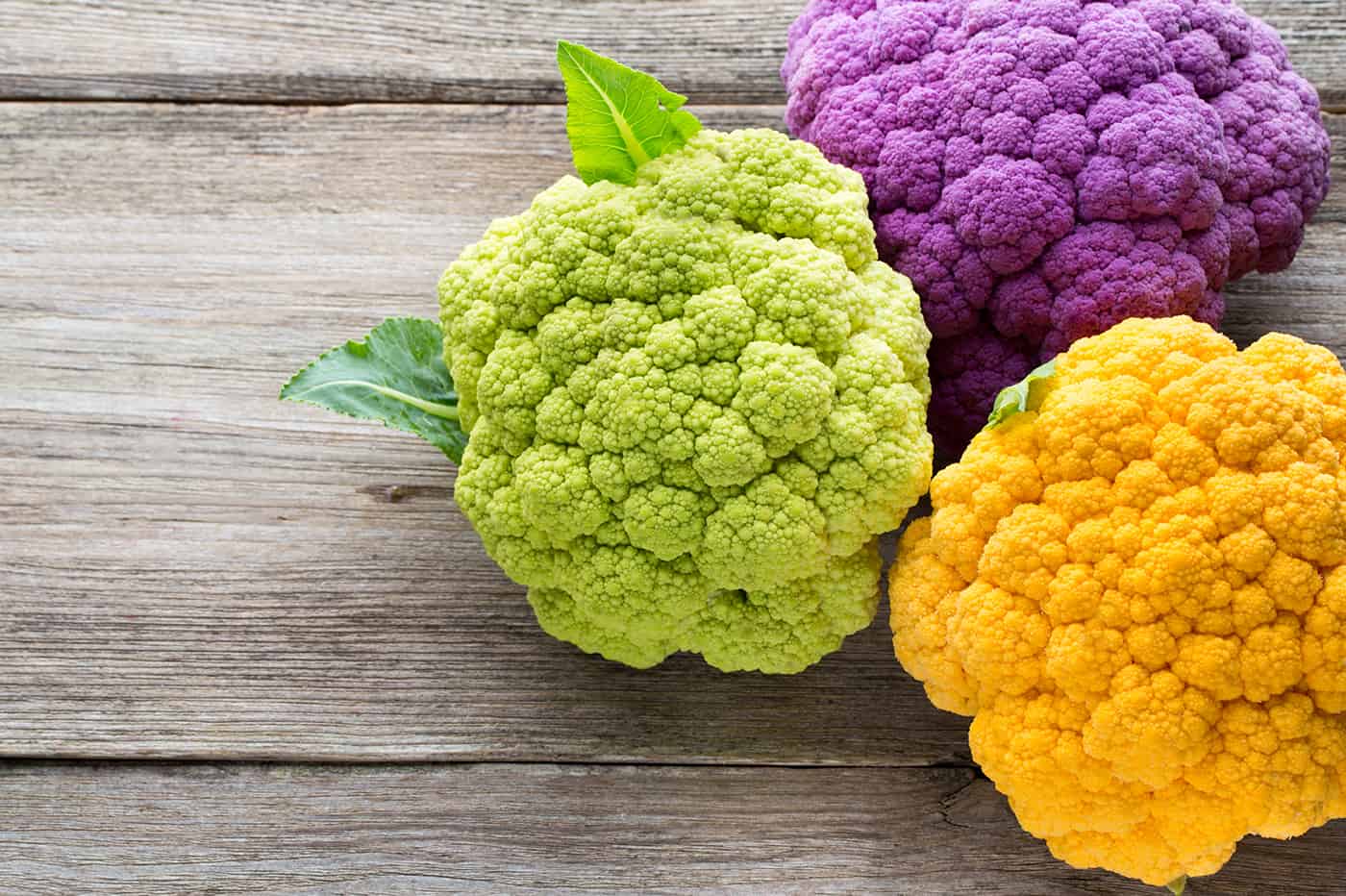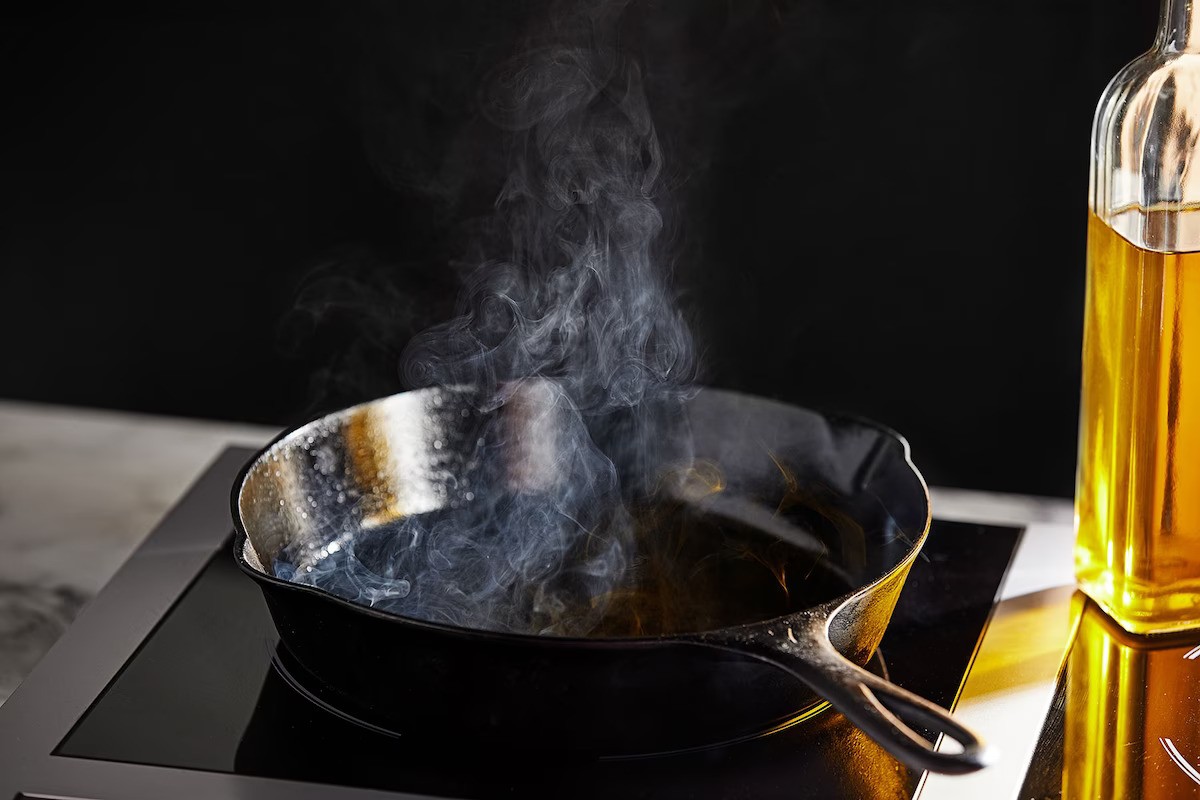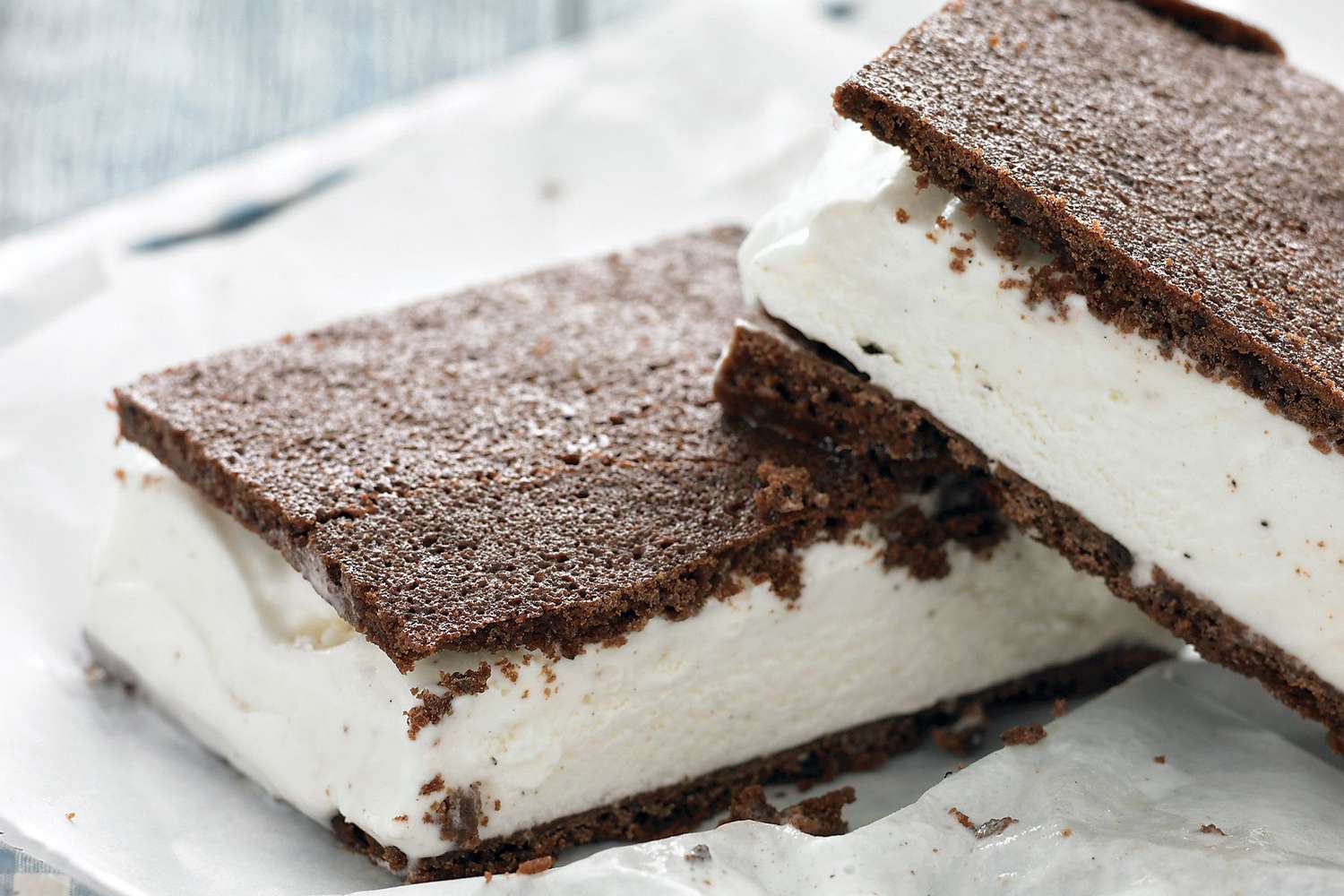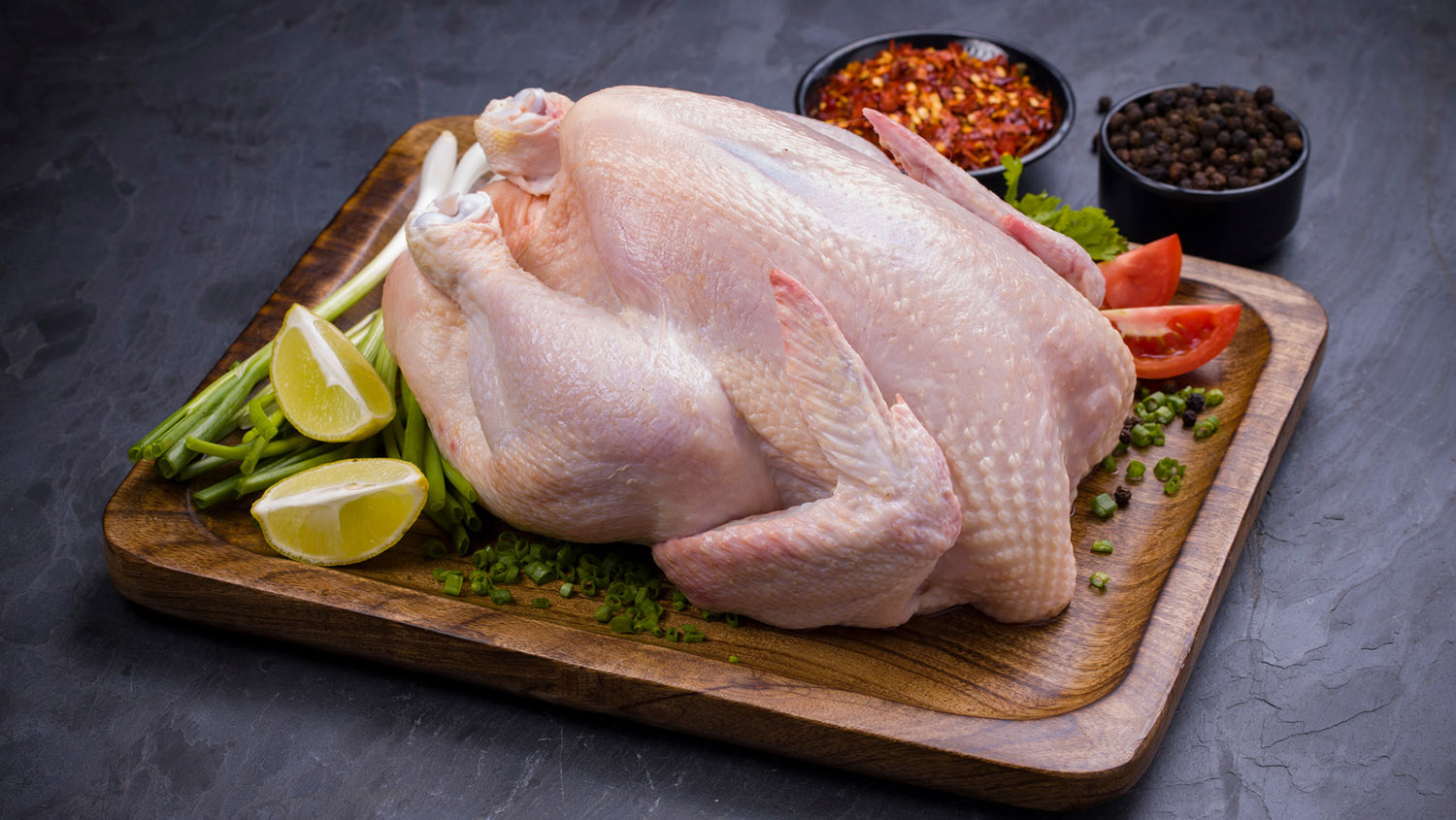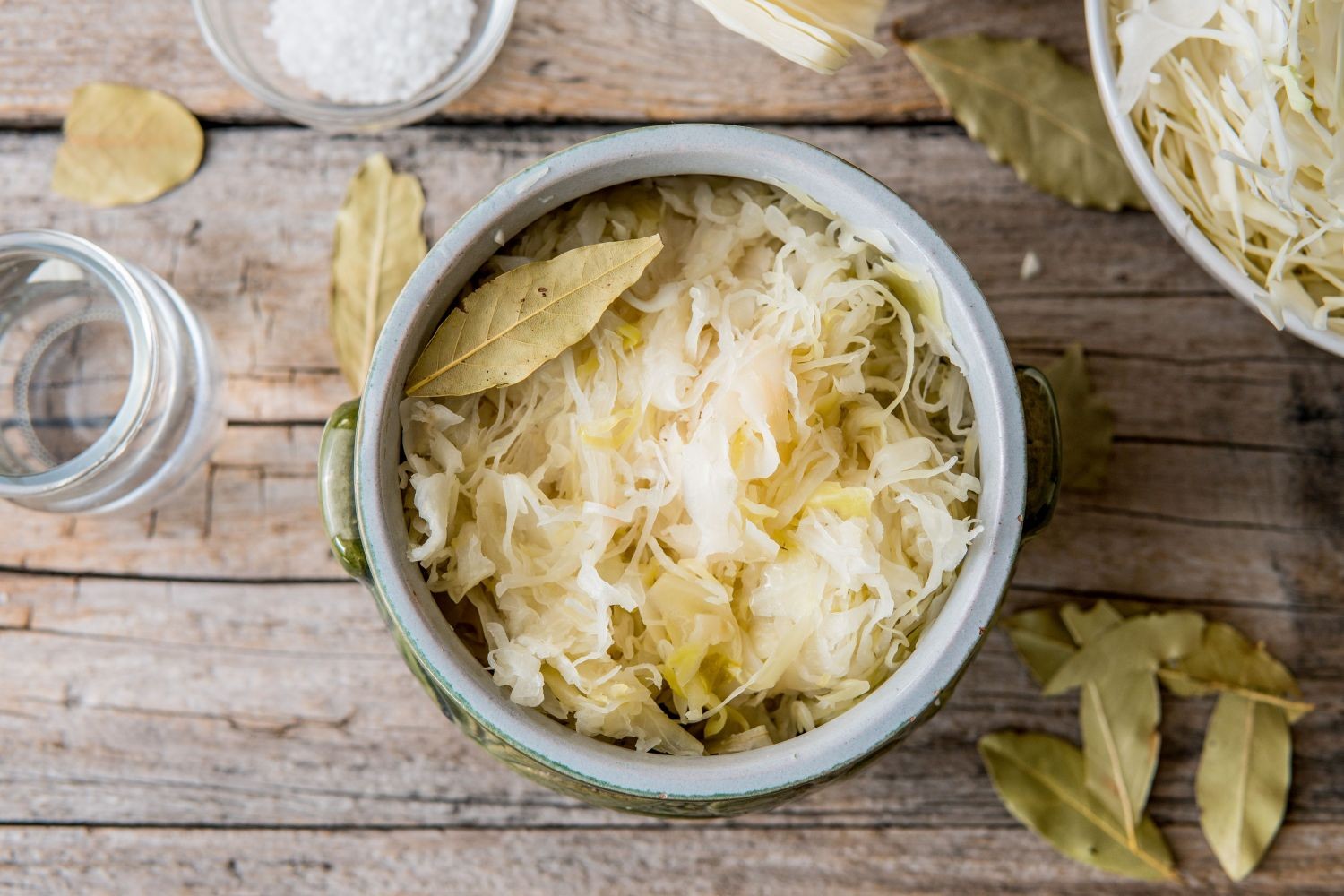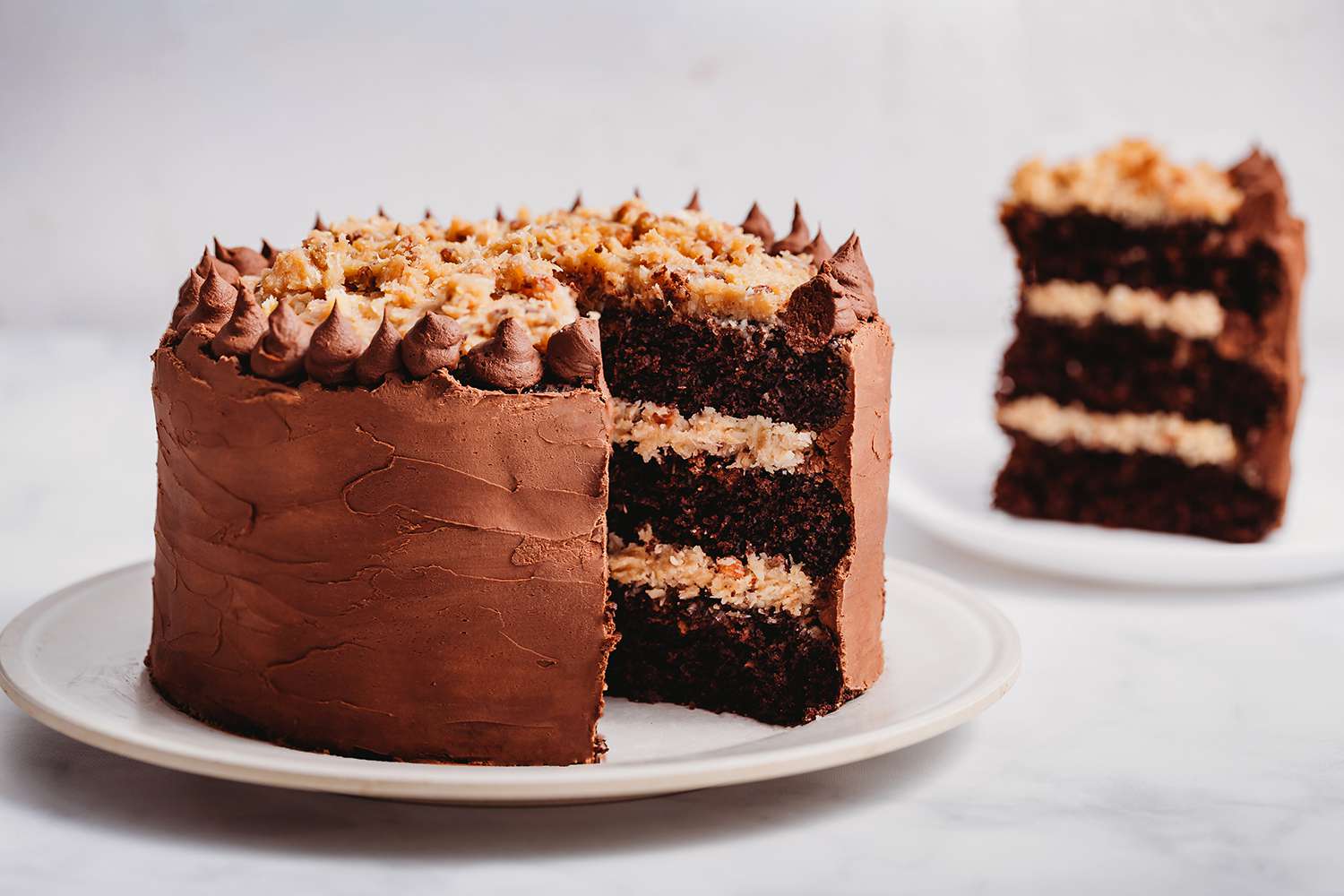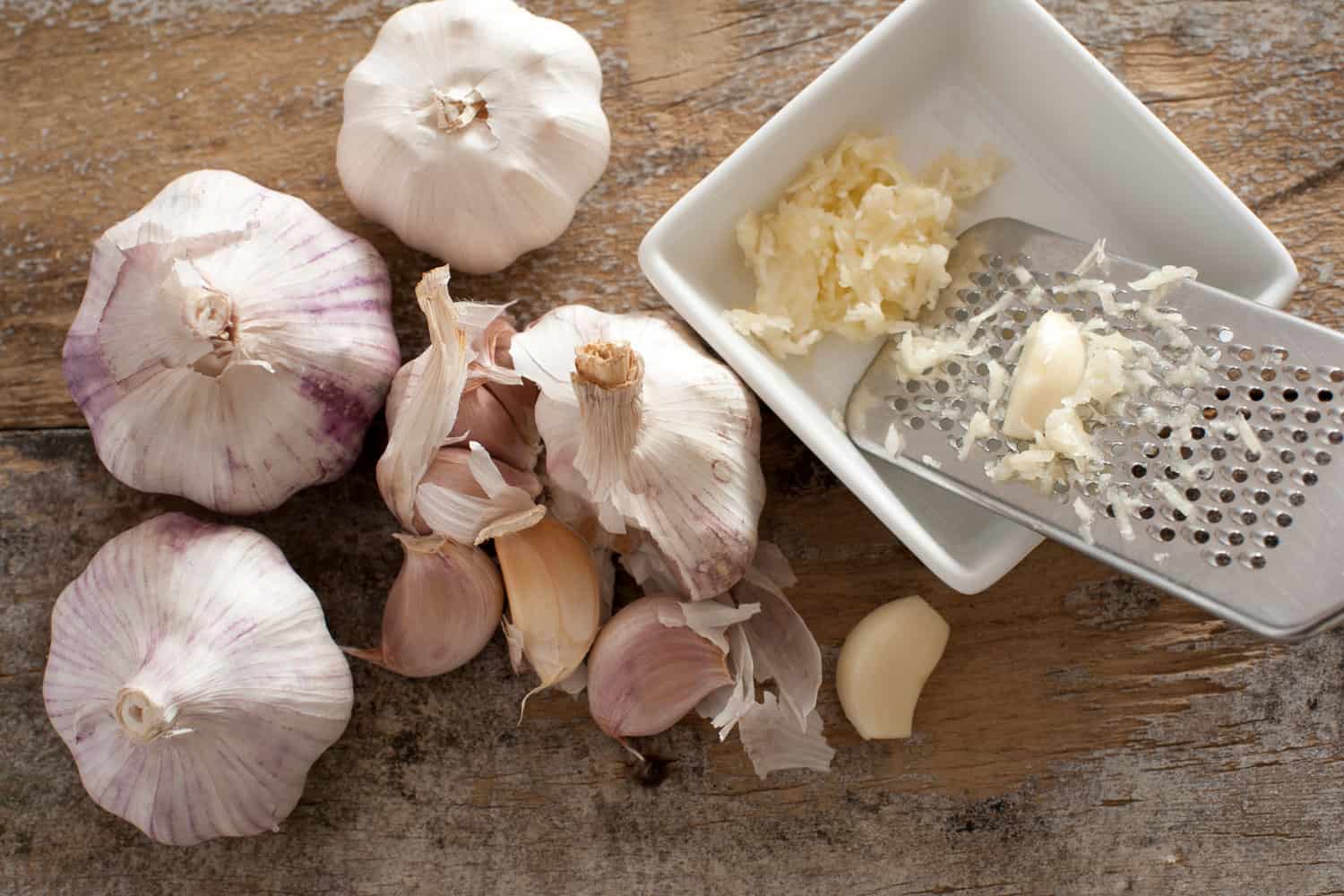Understanding Herb Oil: A Flavorful Addition to Your Kitchen
Herb oil is a versatile and aromatic ingredient that can elevate the flavors of your dishes. It is a simple yet impactful way to infuse the essence of fresh herbs into oils, creating a delightful fusion of flavors that can be used in a variety of culinary applications.
What is Herb Oil?
Herb oil is a culinary creation made by infusing fresh herbs into oil. The process involves heating the oil and then adding the herbs to infuse their flavors. Once the infusion is complete, the oil is strained to remove the solid particles, leaving behind a beautifully flavored oil that captures the essence of the herbs.
Types of Herb Oil
There are numerous variations of herb oil, each offering a unique flavor profile. Some popular types of herb oil include:
- Basil Oil: Made with fresh basil leaves, this oil exudes a sweet and slightly peppery flavor, perfect for drizzling over caprese salads or using as a finishing touch on pasta dishes.
- Rosemary Oil: Infused with the woody and fragrant essence of rosemary, this oil pairs well with roasted vegetables, grilled meats, and even as a dipping oil for crusty bread.
- Garlic and Thyme Oil: Combining the robust flavors of garlic and the earthy notes of thyme, this oil adds depth to marinades, dressings, and even as a flavorful base for sautéing vegetables.
Uses of Herb Oil
Herb oil can be used in a multitude of ways to enhance the taste and presentation of your dishes. Some common uses include:
- Marinades: Herb oil can be used as a base for marinades, imparting a rich and aromatic flavor to meats, seafood, and vegetables.
- Dressings: Create vibrant and flavorful salad dressings by incorporating herb oil into your favorite vinaigrettes or creamy dressings.
- Drizzling: Use herb oil as a finishing touch by drizzling it over soups, grilled dishes, or even freshly baked bread for an added burst of flavor.
- Dipping: Serve herb oil alongside crusty bread as a dipping condiment, allowing diners to savor the infusion of herbs with each bite.
Making Herb Oil at Home
Creating your own herb oil at home is a simple and rewarding process. Here’s a basic recipe to get you started:
Ingredients:
- Fresh herbs of your choice (such as basil, rosemary, thyme, or oregano)
- Good quality olive oil
Instructions:
- Wash and thoroughly dry the fresh herbs to remove any moisture.
- Place the herbs in a clean, dry glass jar.
- Heat the olive oil in a saucepan until it is warm but not boiling.
- Pour the warm oil over the herbs in the jar, ensuring that the herbs are fully submerged.
- Allow the herb-infused oil to cool to room temperature, then seal the jar and let it sit at room temperature for 24-48 hours to allow the flavors to meld.
- Strain the oil through a fine-mesh sieve or cheesecloth to remove the herbs, then transfer the infused oil to a clean, airtight container for storage.
Once you have mastered the basic technique, feel free to experiment with different herb combinations to create your own signature herb oils.
In Conclusion
Herb oil is a delightful and easy way to add depth and complexity to your culinary creations. Whether you choose to make your own herb oil at home or purchase artisanal varieties, incorporating this flavorful ingredient into your cooking repertoire is sure to impress your taste buds and elevate your dishes to new heights.
So, the next time you’re looking to add a burst of fresh herb flavor to your meals, consider reaching for a bottle of herb oil and let your culinary creativity flourish!
Was this page helpful?
Read Next: What Is An Ice Cream Freezer
